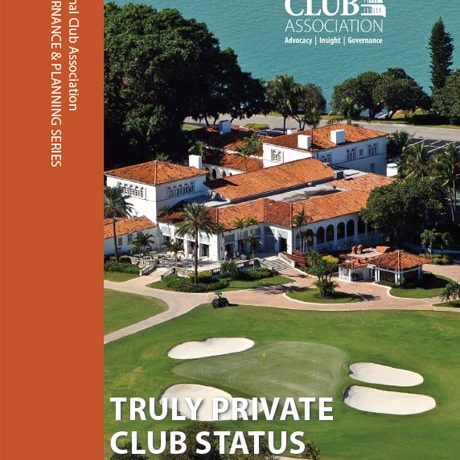Tax or Tax-Exempt Status: Considerations and Factors for Clubs
With the coronavirus pandemic and the adverse impact of the pandemic on clubs, many clubs are giving thought as to whether tax-exempt status, which limits the amount of nonmember business that a club may receive, is worthwhile to maintain. This question also was discussed after



